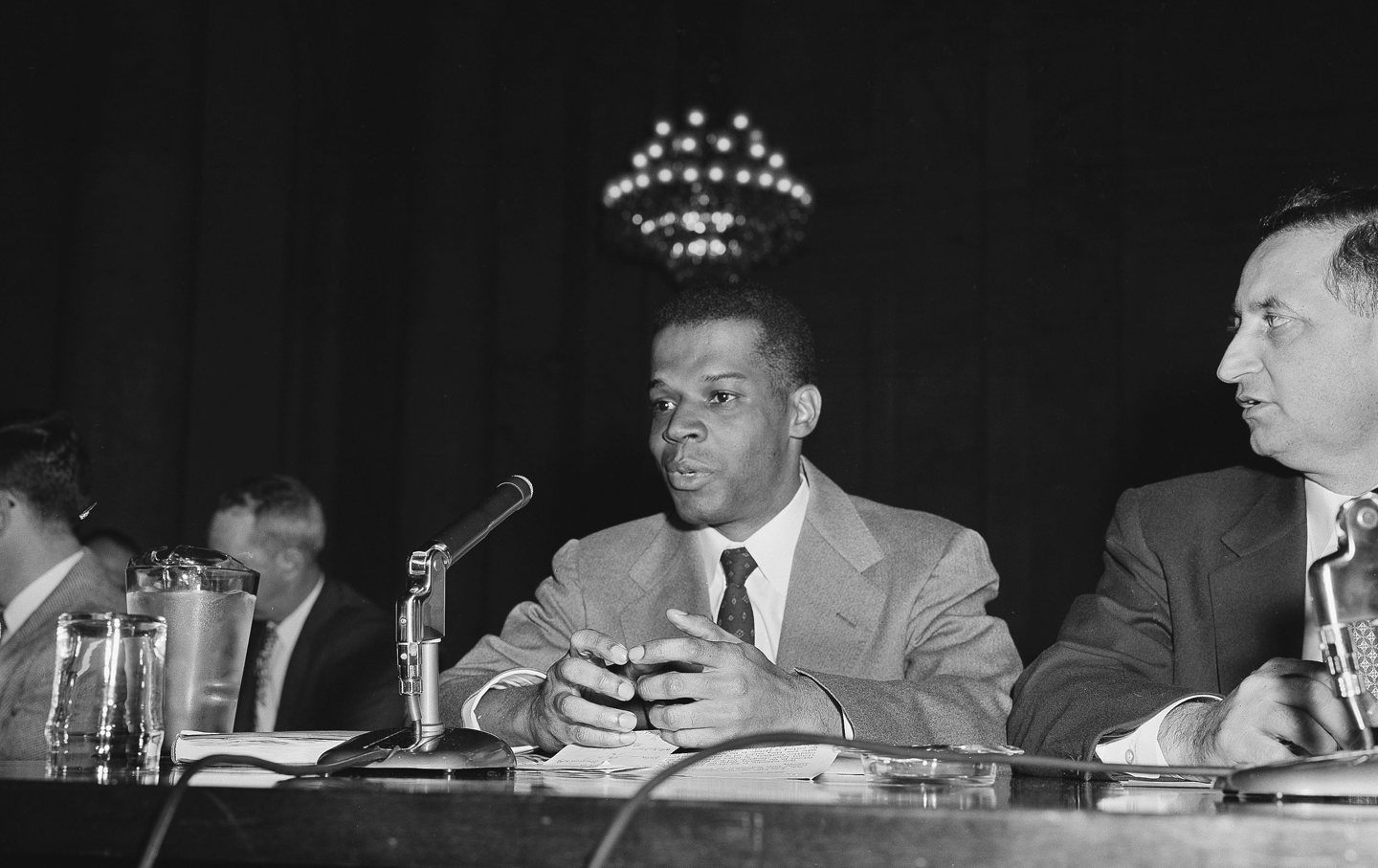
Some Disturbingly Relevant Legacies of Anticommunism Some Disturbingly Relevant Legacies of Anticommunism
The impact of Cold War anticommunism on our national life has been so profound that we no longer recognize how much we’ve lost.
Mar 23, 2015 / Books & the Arts / Victor Navasky
Varick Street Varick Street
March 15, 1947 At night the factories struggle awake, wretched uneasy buildings veined with pipes attempt their work. Trying to breathe the elongated nostrils haired with spikes give off such stenches, too. And I shall sell you sell you sell you of course, my dear, and you’ll sell me. On certain floors certain wonders. Pale dirty light, some captured iceberg being prevented from melting. See the mechanical moons, sick, being made to wax and wane at somebody’s instigation. And I shall sell you sell you sell you of course, my dear, and you’ll sell me. Lights music of love work on. The presses print calendars I suppose, the moons make medicine or confectionary. Our bed shrinks from the soot and the hapless odors hold us close. And I shall sell you sell you sell you of course, my dear, and you’ll sell me. This article is part of The Nation’s 150th Anniversary Special Issue. Download a free PDF of the issue, with articles by James Baldwin, Barbara Ehrenreich, Toni Morrison, Howard Zinn and many more, here. Elizabeth Bishop (1911–1979), the poet laureate of the United States from 1949 to 1950, published two poems in The Nation between 1945 and 1947, when Randall Jarrell was interim literary editor. She was a longtime friend of the more frequent Nation contributor Marianne Moore, who in a 1946 review in these pages described Bishop as “spectacular in being unspectacular.”
Mar 23, 2015 / Books & the Arts / Elizabeth Bishop
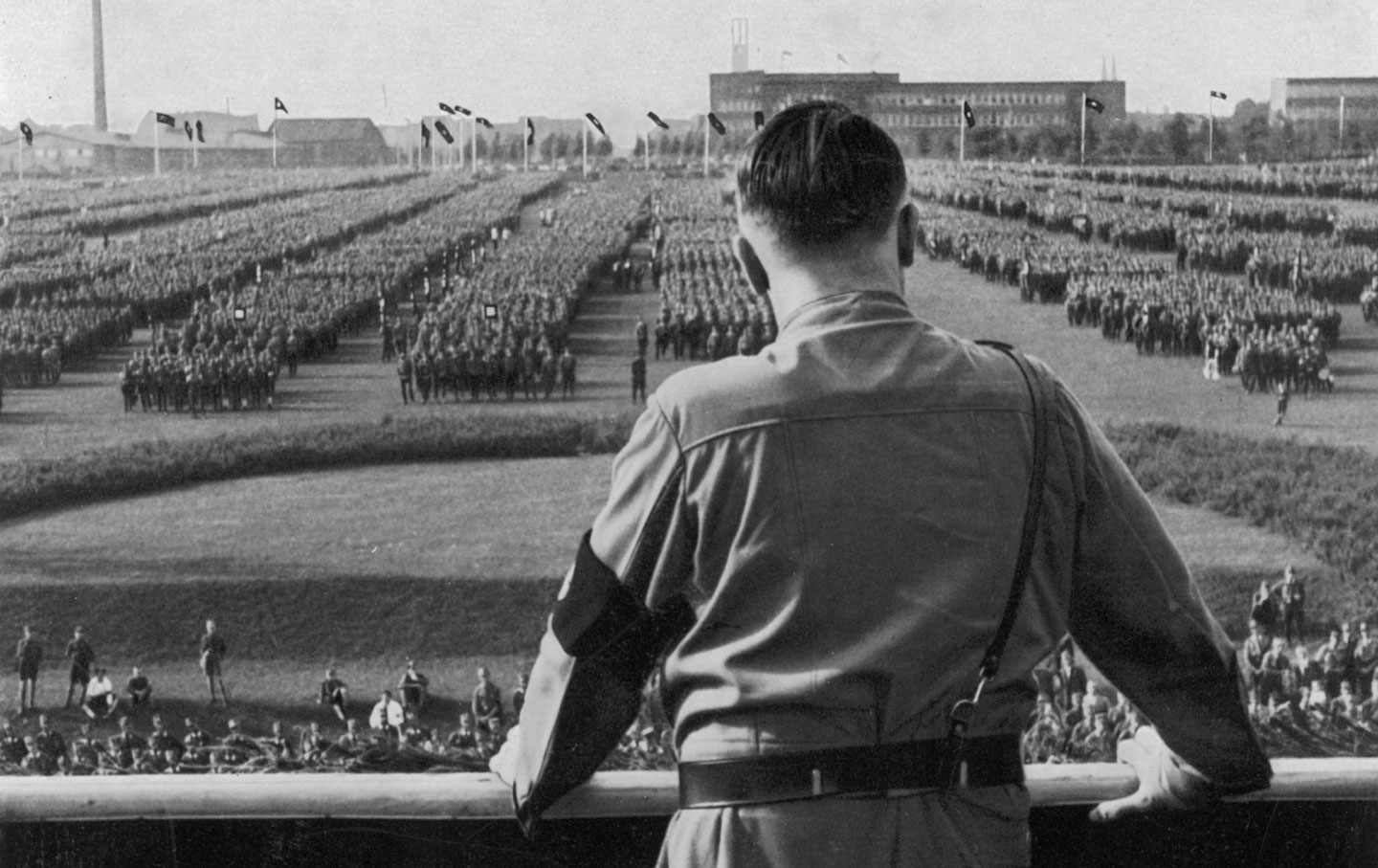
For the Jews—Life or Death? For the Jews—Life or Death?
An appeal for help from 1944.
Mar 23, 2015 / Feature / I.F. Stone
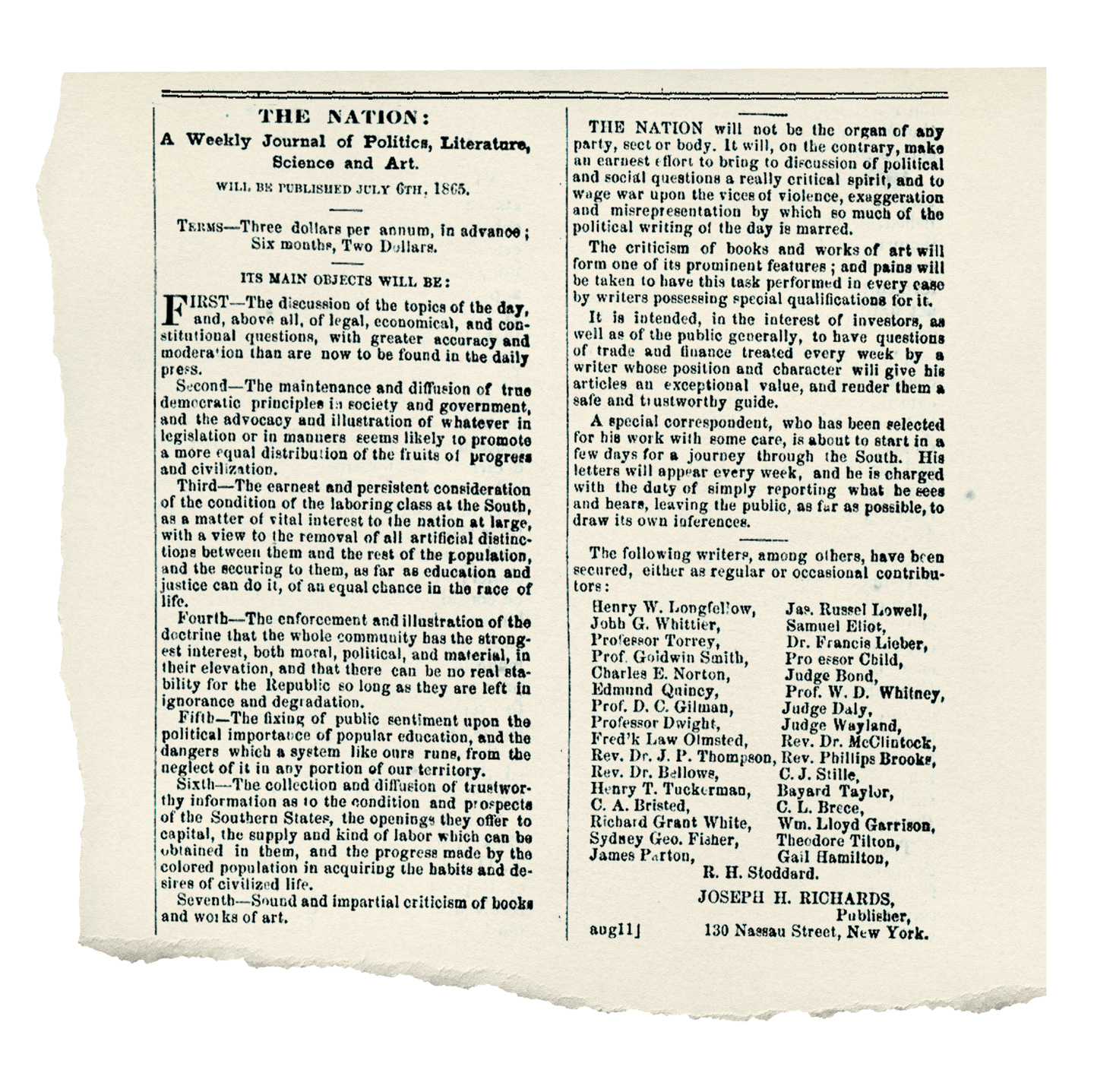
Founding Prospectus Founding Prospectus
The Nation will not be the organ of any party, sect or body.
Mar 23, 2015 / 150th Anniversary / The Nation

No Place for Self-Pity, No Room for Fear No Place for Self-Pity, No Room for Fear
In times of dread, artists must never choose to remain silent.
Mar 23, 2015 / Decade in Review / Toni Morrison
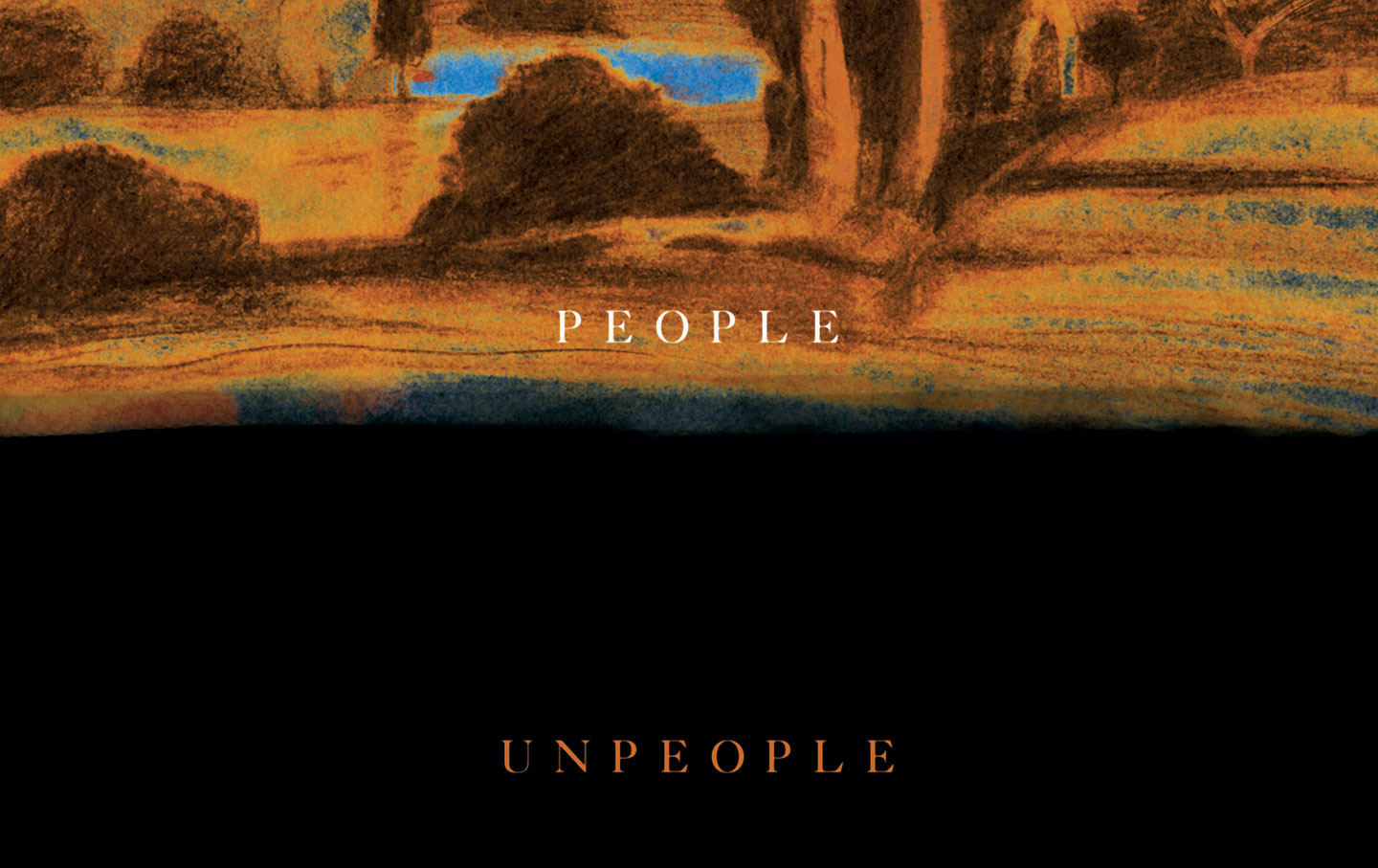
Magna Carta Messed Up the World, Here’s How to Fix It Magna Carta Messed Up the World, Here’s How to Fix It
The “logic” of capitalist development has left a nightmare of environmental destruction in its wake.
Mar 23, 2015 / Books & the Arts / Noam Chomsky
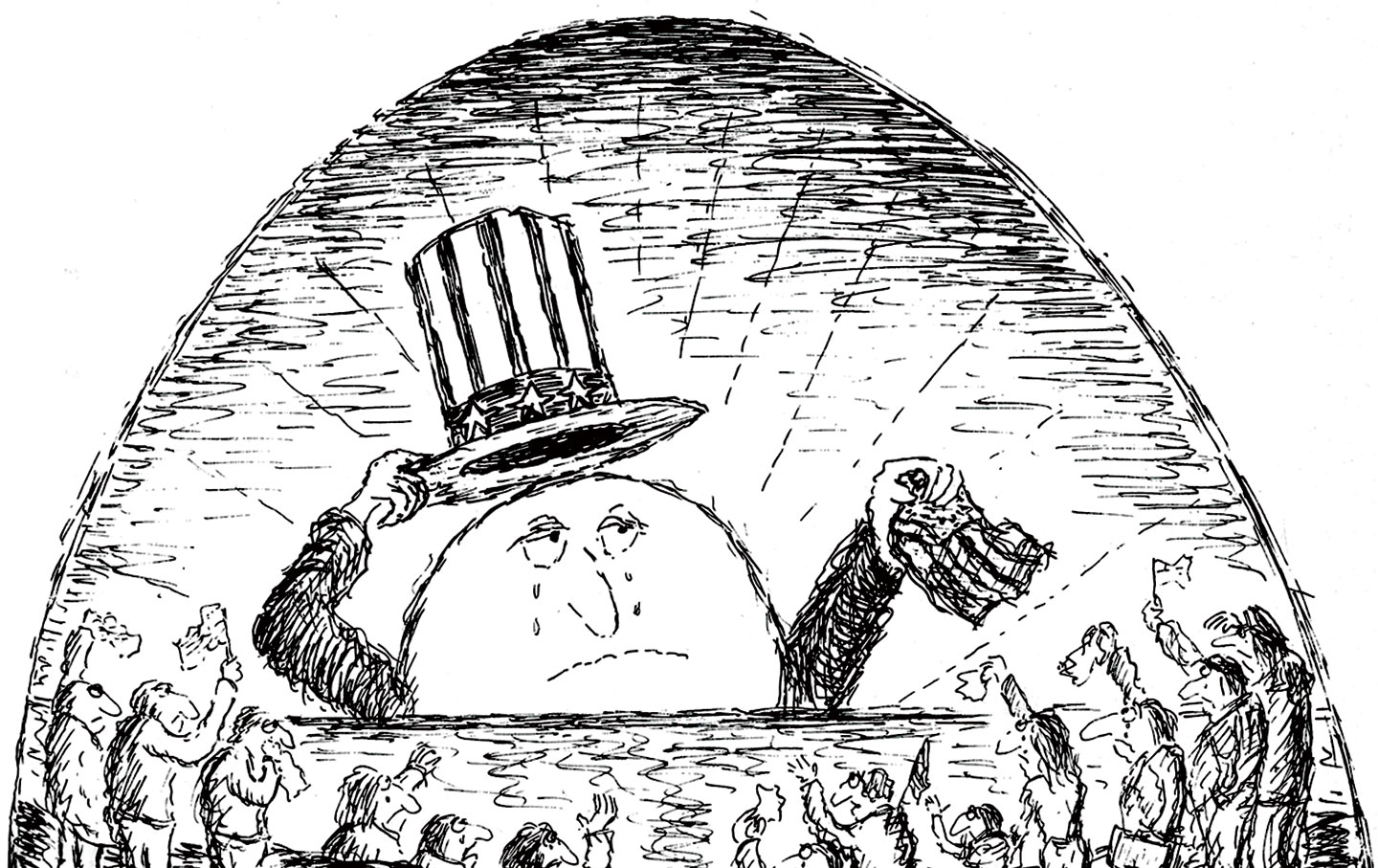
Is America Possible Without Empire? Is America Possible Without Empire?
Rather than sizzle or suffocate, let us get on with imagining a new America.
Mar 23, 2015 / Books & the Arts / William Appleman Williams and Greg Grandin
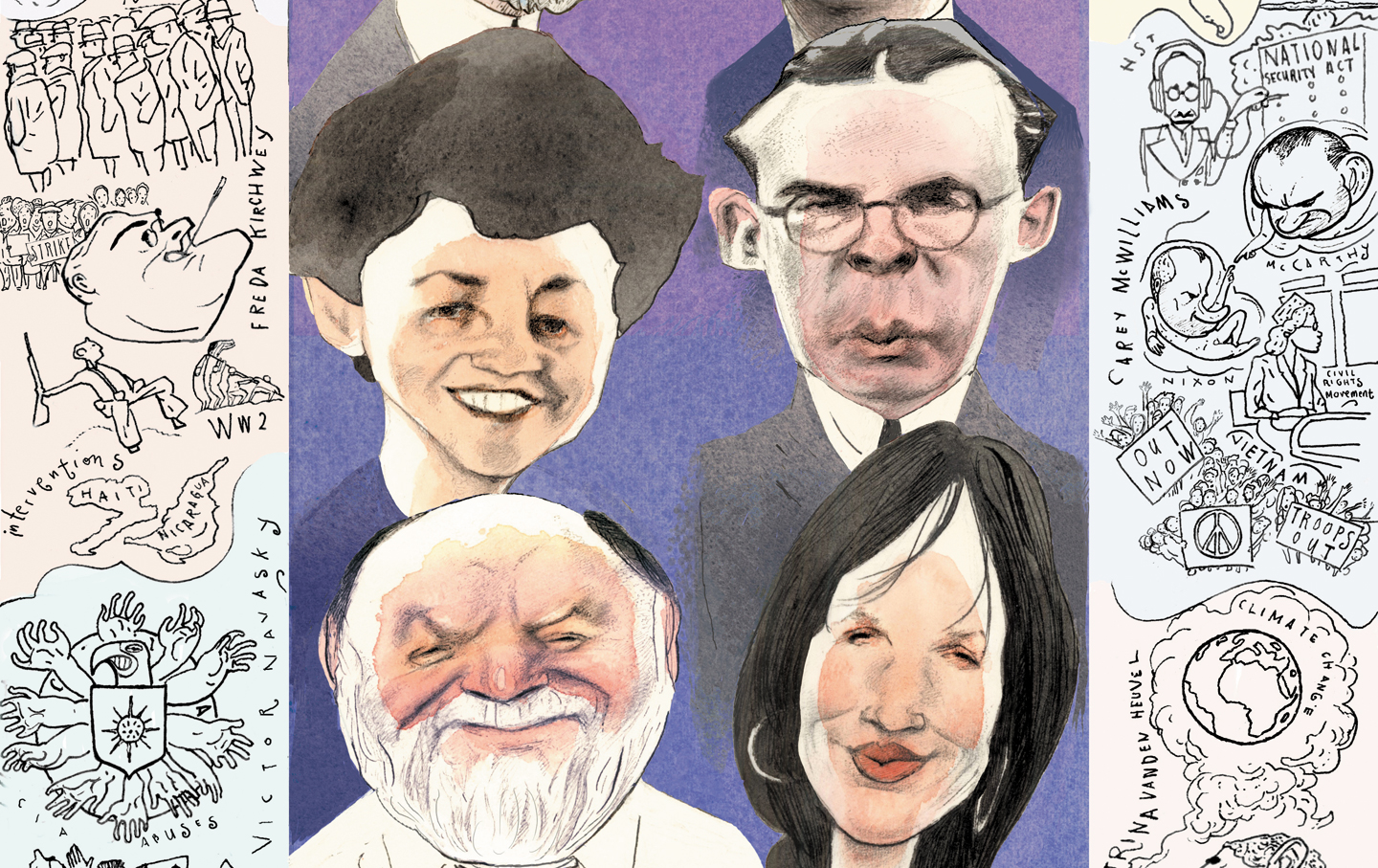
Freedom’s Song Freedom’s Song
Over The Nation’s 150-year history, each new generation of radicals and reformers has contested the promise—and the meaning—of freedom.
Mar 23, 2015 / Books & the Arts / Eric Foner
Now and Forever Now and Forever
April 25, 1994 I’ll settle for Immortality— Not thru the body Not thru the eyes Star spangled high mountains waning moon over Aspen peaks; But thru words, thru the breath of long sentences loves I have, heart beating still, inspiration continuous, exhalation of cadenced affection These immortal survive America, survive the fall of States Departure of my body, mouth dumb dust This verse broadcasts desire, accomplishment of Desire Now and forever boys can read girls ream, old men cry Old women sigh youth still come. 7/19/92, Aspen This article is part of The Nation’s 150th Anniversary Special Issue. Download a free PDF of the issue, with articles by James Baldwin, Barbara Ehrenreich, Toni Morrison, Howard Zinn and many more, here. Allen Ginsberg (1926–1997) published three poems in The Nation in the 1990s. A 1959 letter to the editor he co-wrote is reprinted in this issue.
Mar 23, 2015 / Books & the Arts / Allen Ginsberg
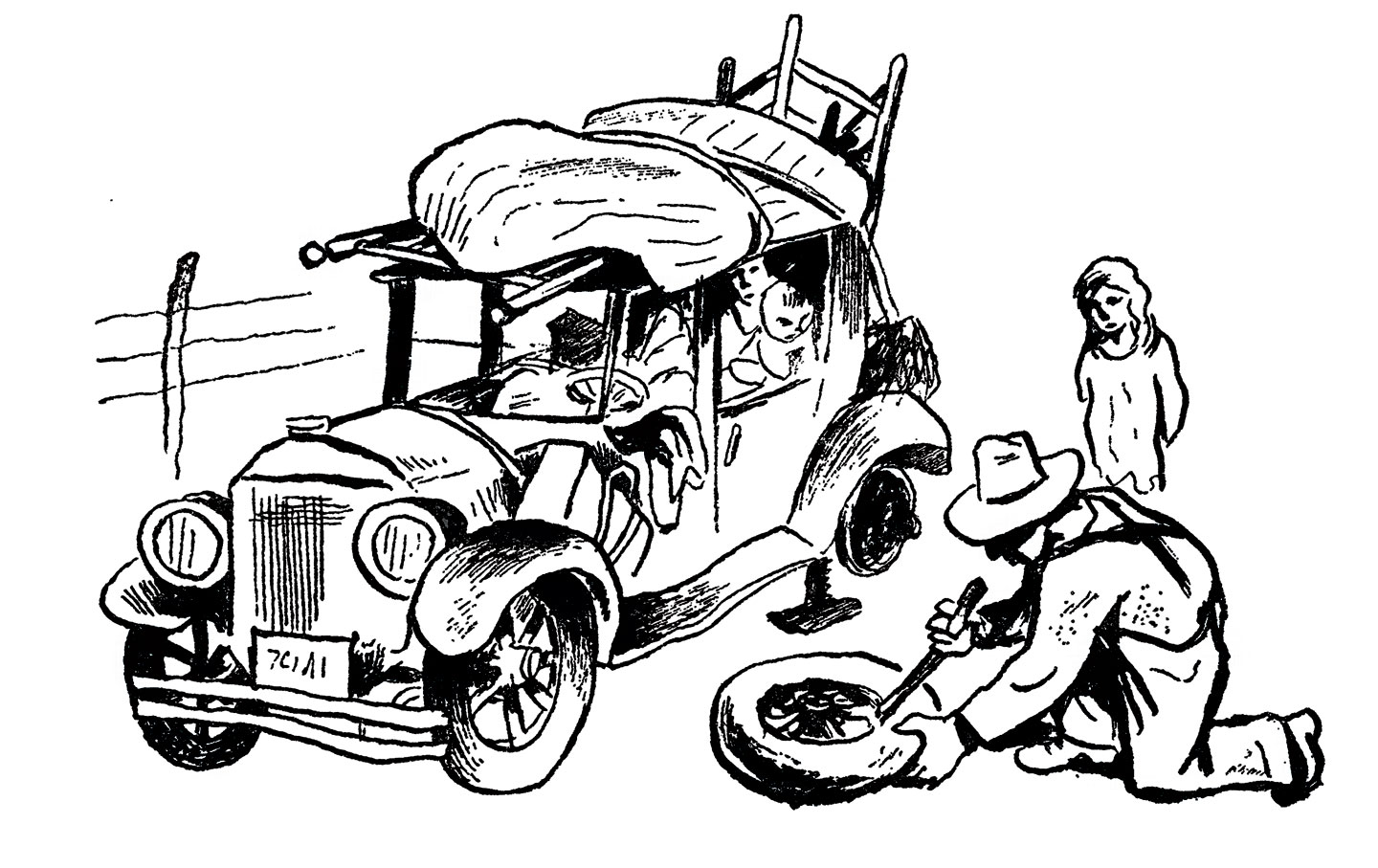
John Steinbeck on the Violent Repression of the Fight for Migrant Workers’ Rights John Steinbeck on the Violent Repression of the Fight for Migrant Workers’ Rights
We now know that workers are being attacked not because they want higher wages, not because they are Communists, but simply because they want to organize.
Mar 23, 2015 / Feature / John Steinbeck
